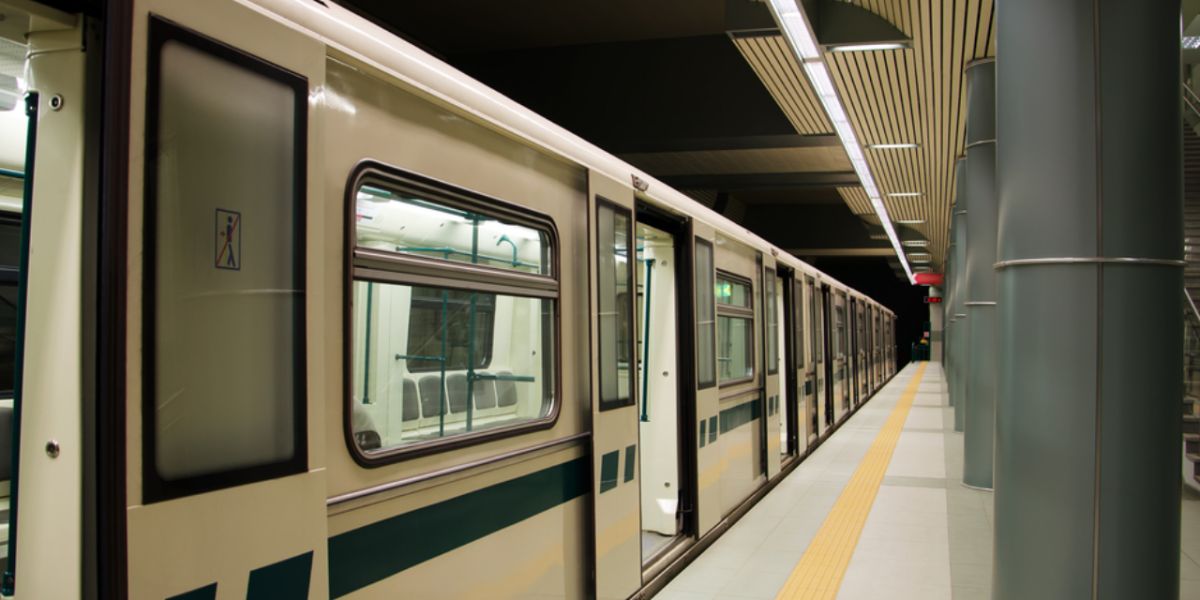
To travel around in Bulgaria, you can choose among different means of transport. Find out about these in this article.
Bulgaria has a huge and developed transport network, just like most European countries. So if you are moving there, you should have no trouble in moving within your region or from one city to another. You can choose among various means of transport, such as train, subway, bus, coach, etc. You can even rent a car if you have a valid driver's license.
In general, most major Bulgarian cities have their own transport network, including tramway which is available as from 5 am until midnight. Moreover, travel rates are rather affordable and usually lower in smaller cities and in rural areas.
Bus
You are likely to find thousands of bus lines provided by numerous bus companies across the country. Most of these serve the major and smaller cities, connecting different neighborhoods and regions to one another. Fares are relatively low and proportional to the length of the trip. Moreover, most buses are safe and comfortable.
Note that bus schedules and fares are generally displayed in Cyrillic at bus stops and stations. But in some tourist areas, such as on the Black Sea coast, you can even find English translations. Be careful before boarding a bus though. Inquire with people around you if you do not understand the Cyrillic alphabet.
Coach
To travel from one city to another and to neighboring countries as well, you can use the coach bus. You are likely to find local and international coach companies in most Bulgarian cities. Coach buses are very comfortable and rates are affordable.
Train
As regards the Bulgarian railway network, it is covered by international, express, fast and regular trains. You can easily distinguish among these through their routes, schedules and fares. Express trains provide fast trips between two cities. Fast trains, on the other hand, stop at several train stations. However, their rates are higher. Finally, regular trains are much slower and cheaper than the two others.
International trains connect Bulgaria to neighboring European countries and cities such as Greece, Romania, Serbia, Prague, Krakow, Moscow, Kiev, Austria, Germany, Hungary, Slovakia, the Czech Republic, etc.
Good to know:
Less than 7 years old children can travel free of charge by train unless they are occupying a seat. In this case, parents are eligible to a yearly refund of one ticket per child. Moreover, travelers who are disabled at 71% or with reduced mobility, are eligible to a yearly refund of two tickets. People accompanying them are also entitled to traveling free of charge. Finally, the disabled can easily access to some express trains.
Important:
Pets are allowed to travel in the second-class compartment provided they are transported in an appropriate cage and they do not disturb other travelers. Big dogs, especially hunting dogs, must wear a muzzle and must be in possession of a health certificate issued by a licensed veterinarian. They will be allowed to travel in the luggage compartment at the entrance. Finally, guide dogs are allowed to travel in the second-class wagon with their owner.
Taxi
Most big and small cities also have a taxi network providing reasonable fares. However, it can be quite difficult to find taxis in rural and remote regions.
Airplane
Bulgaria hosts four airports, namely in Sofia, Plovdiv, Varna and Bourgas. Bulgaria Air, which is the national airline company, provides regular flights from Sofia to Varna. But you can also find many other low-cost airline companies to take you from one Bulgarian city to another, and even to other European cities.
Useful links:
Tourist Office of Bulgaria ' Transportation bulgariatravel.org
Avotgari ' Bus Timetables avtogari.info
Bgrazpisanie.com ' Bus and train schedules www.bgrazpisanie.com
Etap www.etapgroup.com
Biomet biomet.bg
BDZ ' Bulgarian Railway Network bdz.bg
We do our best to provide accurate and up to date information. However, if you have noticed any inaccuracies in this article, please let us know in the comments section below.








